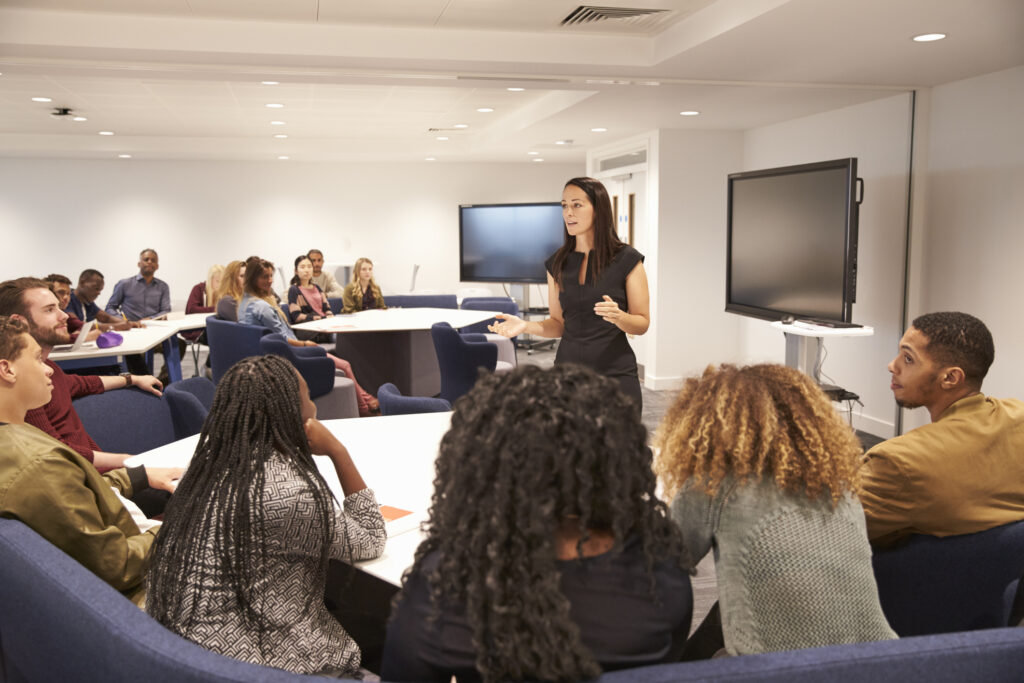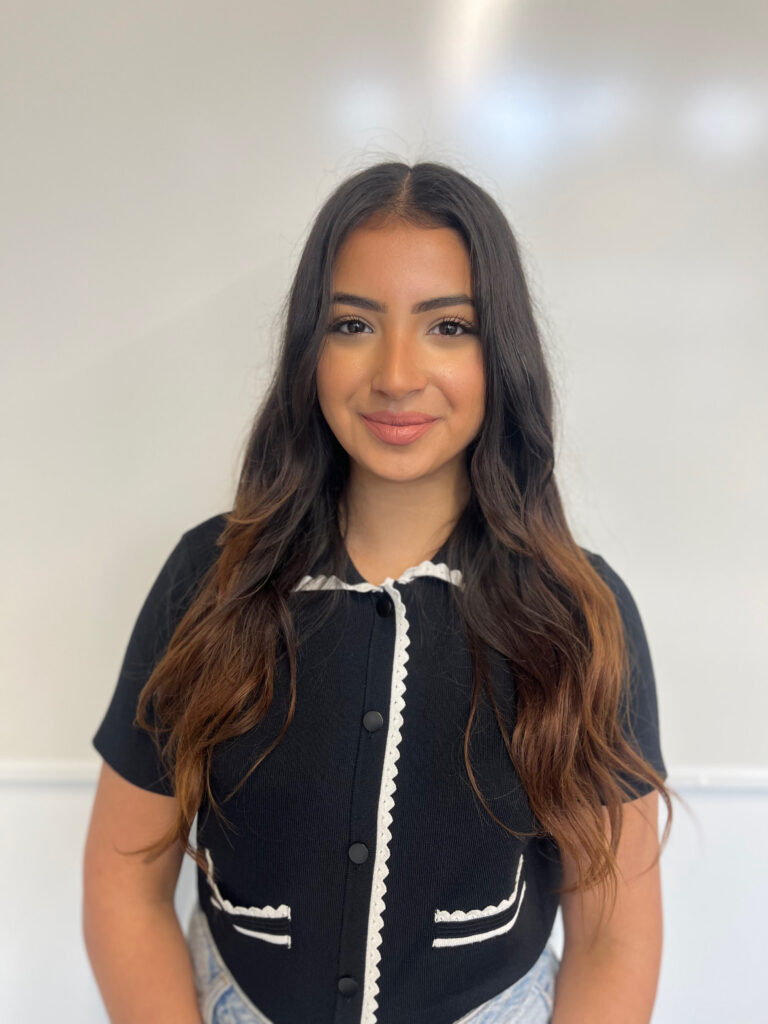On October 30th, 2024, David Shah, an Academic Skills Tutor at City, University of London, delivered an insightful session on mastering teamwork and presentation skills—two critical areas for law students. Held as part of the Academic Skills series, the event emphasised why these skills are essential not only for academic success but also for future professional endeavors.

This article captures the key takeaways from Shah’s session, offering valuable guidance for law students preparing for assessed group work and presentations. Whether you’re navigating your first group project or refining your presentation techniques, these tips will set you on the path to success.
Teamwork and presentation skills are crucial for law students, not only because they feature prominently in academic assessments but also because they mirror the professional environments graduates will enter. Employers consistently rank teamwork as one of the most important skills, as legal practice is often collaborative. For students, these group assignments are also opportunities to identify strengths, connect with peers, and prepare for real-world challenges. Here’s how to navigate teamwork and presentations effectively.
Why Teamwork Matters
Group projects, while valuable, can feel daunting. They require balancing shared responsibility with individual contributions, and the risks can seem high – your performance is tied to the actions of others. Despite these challenges, embracing teamwork helps you develop adaptability, collaboration skills, and the ability to resolve conflicts, all of which are vital for legal professionals.
A successful team functions as a cohesive unit, with members who:
- Understand Mutual Responsibility: Every member’s effort contributes to the overall success
- Support Each Other: Teams thrive on collaboration, where giving and receiving support is natural
Getting Started: Productive Spaces and Ground Rules
Choosing an effective working environment is critical. Opt for a quiet space free of distractions, like group workrooms in the library or designated spaces on campus. For remote collaboration, online meetings (MS Teams/Zoom/GoogleMeet) are likely to be the most practical option.

At your first meeting, establish ground rules. These should be negotiated collectively to ensure everyone feels a sense of ownership. Ground rules might include:
- Respecting deadlines
- Communicating proactively about challenges
- Making decisions through consensus
Communication: The Heart of Teamwork
Effective communication is fundamental. Notice patterns in how teammates contribute and actively encourage those who may seem hesitant to speak up. Tips for improving communication include:
- Listen Actively: Pay attention to what others say without interrupting
- Encourage Participation: Invite quieter members to share their views
- Express Disagreements Constructively: Ask for elaboration rather than dismissing ideas
Feedback is another cornerstone. Offer constructive critiques focusing on ideas rather than individuals. Similarly, accept feedback with an open mind – it’s an opportunity to grow, not a personal attack.
Setting a Clear Workflow
Breaking down tasks into manageable pieces is essential for efficiency. Use your first meeting to Read the Task Brief Thoroughly – it is vital to ensure everyone understands the assignment. Next, Divide Responsibilities Fairly. Be sure to assign sub-tasks based on strengths and availability. You will not get the best out of people unless this is done in an equitable way. Finally, Set Milestones. A shared timetable helps track progress and keeps the team accountable.
Creating a workflow chart can clarify dependencies between tasks, ensuring the team works in sync.
Solving Teamwork Problems
Even with the best intentions, issues can arise. For instance, if a teammate stops contributing:
- Reach out to understand their situation
- Refer to the established ground rules and set clear expectations
- Document agreements in an email to maintain accountability
Avoid “collusion,” where a few members carry the workload, and instead focus on equitable “cooperation.”
Delivering Impactful Presentations

In addition to teamwork, law students often face assessed presentations.
These are opportunities to demonstrate your understanding of the material and practice a skill integral to legal careers.
Designing Effective Slides
There’s no magic bullet to this, but simplicity is best. Don’t make those slides too wordy; stick to keywords and bullet points and then elaborate verbally. Be sure to use a consistent color scheme in order to maintain professionalism and where possible, include visuals like diagrams and charts with proper titles to enhance comprehension.
Overcoming Nerves
Nervousness is normal, but preparation is your best defence. Unsurprisingly, rehearsing thoroughly is recommended, being careful to work on timing your delivery. If possible, familiarise yourself with the room and equipment ahead of time and remember, the audience is more focused on your content than on you!
Polished Presentation Delivery
When presenting, keep these tips in mind:
- Speak Clearly and Slowly: Avoid rushing, especially when explaining complex points
- Vary Your Tone: Keep your delivery engaging
- Pause for Emphasis: Allow the audience time to absorb information
Conclude by thanking your audience and inviting questions. When handling queries, listen carefully and don’t hesitate to ask for clarification if needed.
Final Thoughts
Teamwork and presentation skills are not just academic requirements; they are vital tools for your future career. By approaching group work with structure and fostering clear communication, you’ll not only succeed in your assignments but also build lifelong professional skills.

For further support, book a one-to-one academic skills session with David or other members of the Academic Skills team.
Many thanks to Kuljit for this comprehensive account of David’s workshop. Assessments involving groupwork are not always popular with students (despite working in teams being part of most job profiles). Hopefully this will give you all more confidence in how to get the best from these opportunities in future.
Kuljit is currently undertaking her LLM in International Commercial Law and has completed the LLB at City as well. She is looking to qualify as a commercial solicitor in London, specifically in the fields of corporate finance, project finance, and private equity. In her free time she likes to play basketball for the university!

